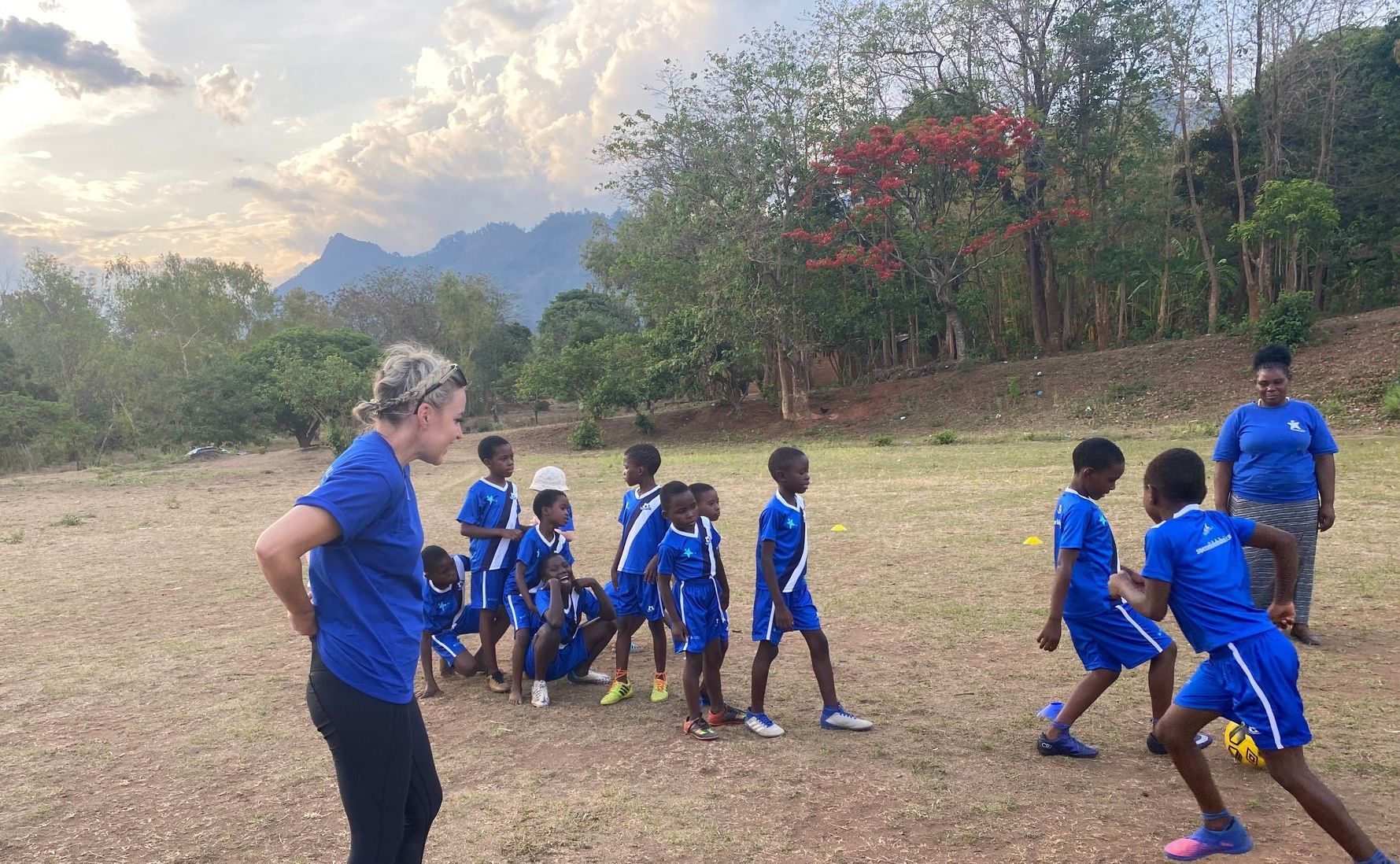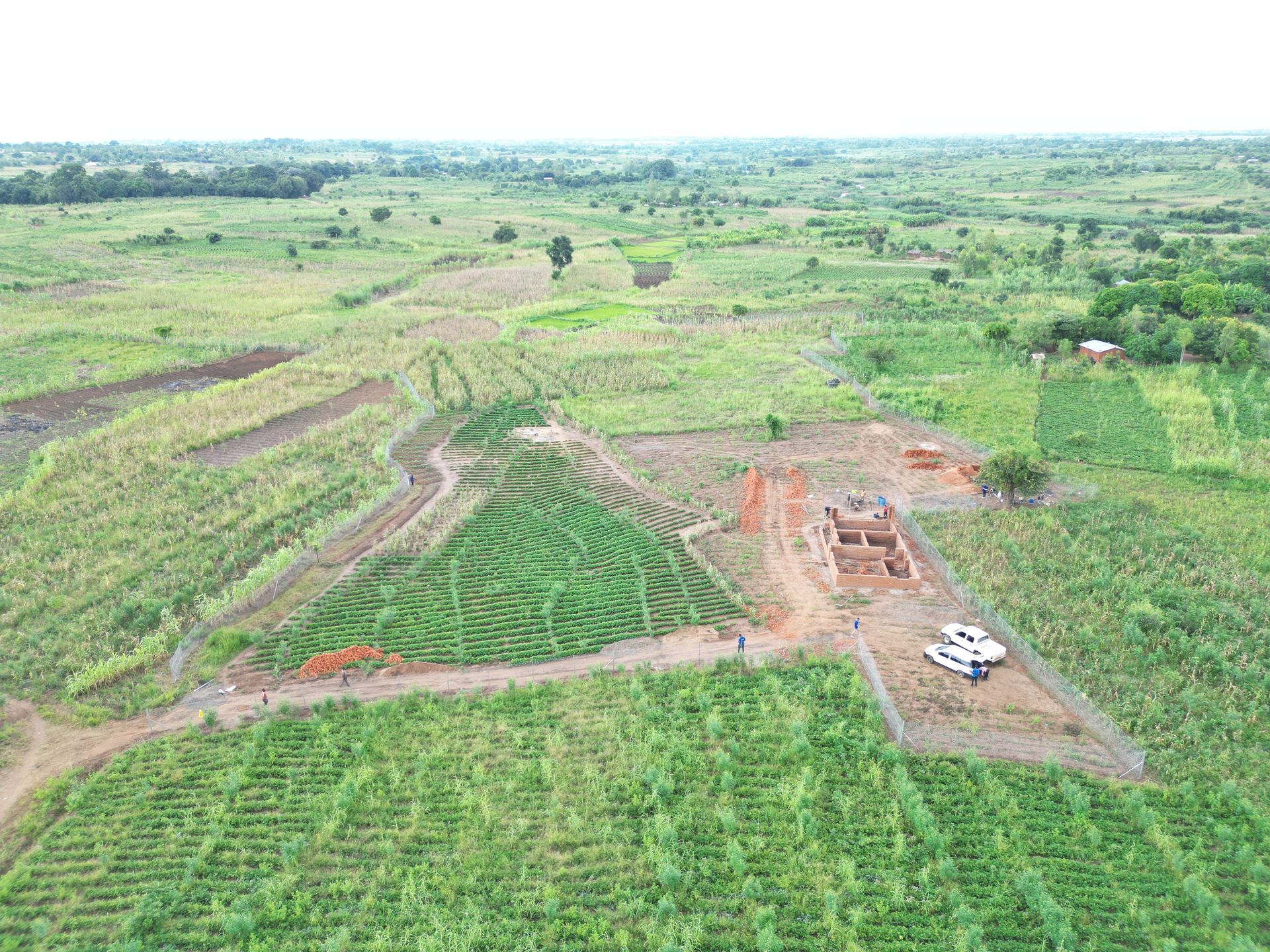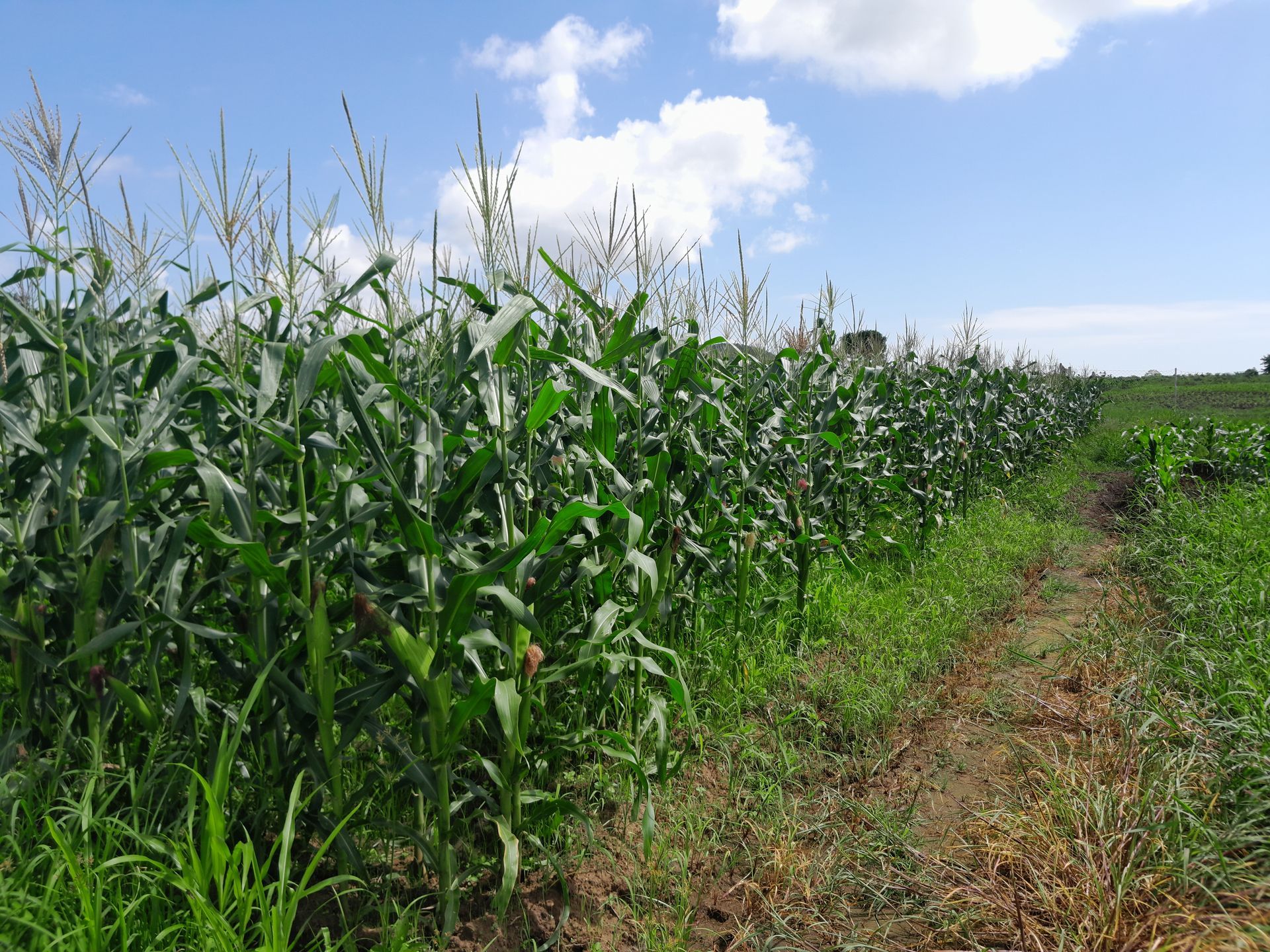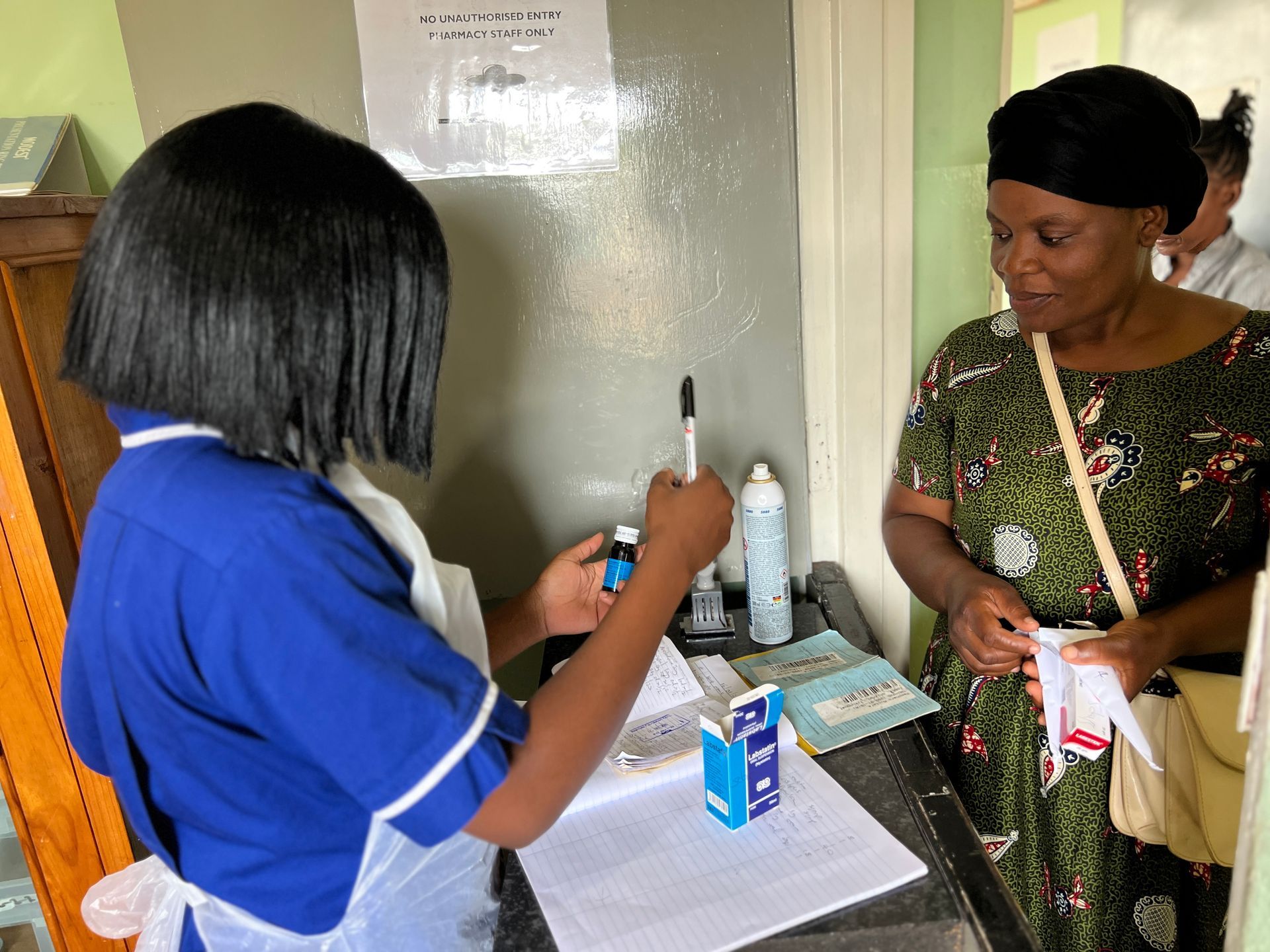Understanding Malawi: The Journey to Success
No road to success is ever easy – even those ‘overnight celebrities’ will have had untold levels of rejection, sacrifice and hard-work…

It’s fair to say that not all of life’s journeys play out the way you hope. Often you will find yourself skipping down planned and mapped out pathways which will, as life would have it, end up leading to obstacles and dead ends. Yet that narrow walkway that appears more challenging often transcends to wide-open landscapes of opportunity. You can’t say Ronan Keating didn’t warn us all – life is truly a rollercoaster!
I think everyone at some stage considers there ‘sliding doors’ moment – unless you have a portal to a parallel universe nobody can ever be sure they truly made the right choice when a decision was to be made. There are, of course, ‘wrong’ decisions that you make across a lifetime that lead your future-self to having the opportunity to positively impact yours or someone else’s life. Despite knowing what comes from that, would you go back and change the original mistake? Would you change it?
No road to success is ever easy – even those ‘overnight celebrities’ will have had untold levels of rejection, sacrifice and hard-work… well, most anyway!
Here at The Sparkle Foundation, we wouldn’t change our past in a bid to create a brighter future. For us, it’s the journey that has taught us to understand the wider picture. Mistakes happen, it’s your reaction to those mistakes that truly defines us. Can you grow in a new direction? Can you use it to empower people in our communities in which we work so that they can make their own way?
A life or death decision
We’ve all seen the charity adverts on TV. The emotive advert that always appears to pop-up when you are inevitably at your most gluttonous. The thirty-second showcase of Malawians and those within the country desperately needing to be saved. You know the one – well, let me stop you there and get one thing clear.
Malawi does not need saving.
Malawi is an amazing country with unbelievable amounts of talent and innovation. Due to the role the NGO sector has played over the last 100 years, a donor dependent society has developed, trapping the people in a vicious circle. Charities for years have come into the country with a top down approach, driving around in their luxury 4x4s and throwing money at issues, rather than addressing the need and working hand in hand with the communities they impact.
The ‘I know best’ attitude combined with white saviorism and voluntourism has fueled an ugly movement within the charity sector which needs to be addressed and changed. Quickly.
The Sparkle Foundation has learnt from the Malawian people. Understanding where resources are needed, what cultural differences need to be respected and what holistically should be implemented to benefit the wider community.
It was back in 2008 when I visited Malawi for the first time, volunteering at an orphanage as part of a gap year before university. To abide by the laws of the country, I lived with a local girl for six weeks and I was well looked after, including being handsomely fed throughout my time there. However, due to the severe changes in my diet, I suffered a bowel blockage and was rushed to the local hospital. Due to the severity of my condition, my survival required immediate surgery – but without sterilized equipment in that hospital the possibly of death was a significant amount higher.
My friend was left with my life-or-death decision. He took what he believed to be the calculated decision and rushed me to a hospital in Blantyre where I was seen straight away, ahead of a long line of waiting patients.
That decision saved my life.
Once I was out of surgery, I was faced with news that shook me. I was told that many of the locals, including children, that had been waiting in that very queue that I unconsciously sailed past so that I could be saved had died. The sad reality is that I was most likely saved because of the colour of my skin and the ‘status’ that it seemingly gave me.
There was one doctor to 77,000 patients at that time. In that moment I vowed that one day I would come back to Malawi to make a difference to at least one child’s life and repay my debt of gratitude.
In 2012, I returned to Malawi to build a small nursery school as the first official project for The Sparkle Foundation. After just one year of the project’s completion, the school had been vandalized and was no longer operating.
The people of Malawi didn’t need a nursery school – they needed someone to listen. They needed someone to focus on quality rather than quantity, and to help build a self-sufficient community that could be nurtured and grown from its own roots their way, not mine.
I got it so wrong. Everything I know now that I don’t want to be, I was. I fell into the ‘white saviour trap’ and albeit my intentions have always stemmed from a good place, my actions now on reflection were not. I got burnt over and over again. From the family I stayed with in Malawi to the suppliers we worked with. It hurt like mad and everyone told me to give up and walk away, but I knew deep down I needed this to happen so I could learn from my mistakes and make amends. This was my problem and I needed to educate myself to understand and to grow the right way.
So, in 2015, we officially registered The Sparkle Foundation as a UK charity and an international NGO and began supporting the people in Malawi so that they could build a community they would be proud of.
A slow and steady growth
They say it takes a village to raise a child – and as cliché as this sounds, it’s wholeheartedly true. The same can be said for The Sparkle Foundation. Not only have we helped Malawians grow, they’ve also helped Sparkle grow. We learn together.
This slow and steady growth over the last five years has seen Malawi and The Sparkle Foundation build a nutrition programme, with Mary’s Meals Malawi. They provide a breakfast at 8am every morning to all nursery children. Once given a healthy meal to kickstart their day, our nursery children attend our high-quality pre-primary education programme, while those over six attend a wide range of educational activities.
A diverse range of community programmes, such as an active women’s group, vegetable growing, and traditional song, dance and drama groups, are also in place to help develop key life skills for our community. In addition to the educational activities, we also provide community level first aid and health care for children, staff and vulnerable members, alongside an outpatient service with the Medical Council of Malawi approved clinic.
With these programmes in place and by working with local partners, we can give the people of Malawi the best chance of generating an income, to stand on their own two feet, whatever their age or skill. By investing in training for our staff, all of whom originate from surrounding areas (some with zero qualifications), we have managed to create a successfully run leadership team that have educated more than 100 children, conducted 5,300 medical interventions and served 75,000 meals. All this, in combination with the generosity of our donors on an 80:20 initiative (80% international donations, 20% locally sourced) has meant The Sparkle Foundation has an outreach of 7,500 people, supporting 17 villages across Malawi.
We care, we listen, we learn
It’s clear that Malawi holds a special place in our hearts at Sparkle. Over the last five years, we’ve taken the time to listen to our staff, care for their families and learn about their individual situations, ensuring they are happy, safe and well. When things go wrong, we’re honest with each other and work through it together. In this sense, it’s important that Sparkle is strategic in its mission, vision and values – sticking to its purpose of focusing on quality rather than quantity.
By keeping true to our purpose, we’ve declined money from international donors who wish for it to be spent in a very specific way. If it doesn’t benefit the Malawians or the project is unnecessary, unsuitable and unsustainable for a period of five years or more, why would we put our time, energy and efforts into developing it? Too often, charities digress and become fixated on growth when the focus is clearly elsewhere. We follow the need, not the money.
Covid-19 is a prime example of this. Grants and emergency loans suddenly becoming available only for people who are offering services for the pandemic. This forced many charities to shift their strategies just to get an income and survive. With 50% of small charities set to close by the end of the year, my work now is about educating our donors and partners about international development and how by restricting how we spend our money, only restricts the impact we potentially make.
At Sparkle, we don’t believe that continually pouring money into a project is effective in solving the roots of a problem. It’s why our long-term view is to work with smaller charities under The Sparkle Foundation and cultivate them from the ground up to support vulnerable people and offer them a brighter future. This means we can share our knowledge, avoid making the same mistakes, and learn from the experience to make a difference elsewhere.
Like Malawians, The Sparkle Foundation must stand on its own two feet. Without the support of the locals here in Malawi, our international donors, army of volunteers, outreach programmes and collaborating with external stakeholders and other not-for-profit organisations, The Sparkle Foundation wouldn’t be where it is today. And for that, we are eternally grateful.
For more information on The Sparkle Foundation and the work carried out in Malawi, please visit: https://sparklemalawi.org/. Alternatively, if you wish to donate or buy a Sparkle Gift Card, please visit The Sparkle Foundation – Cards (mytoggle.io). £5 can provide child with an education pack.




